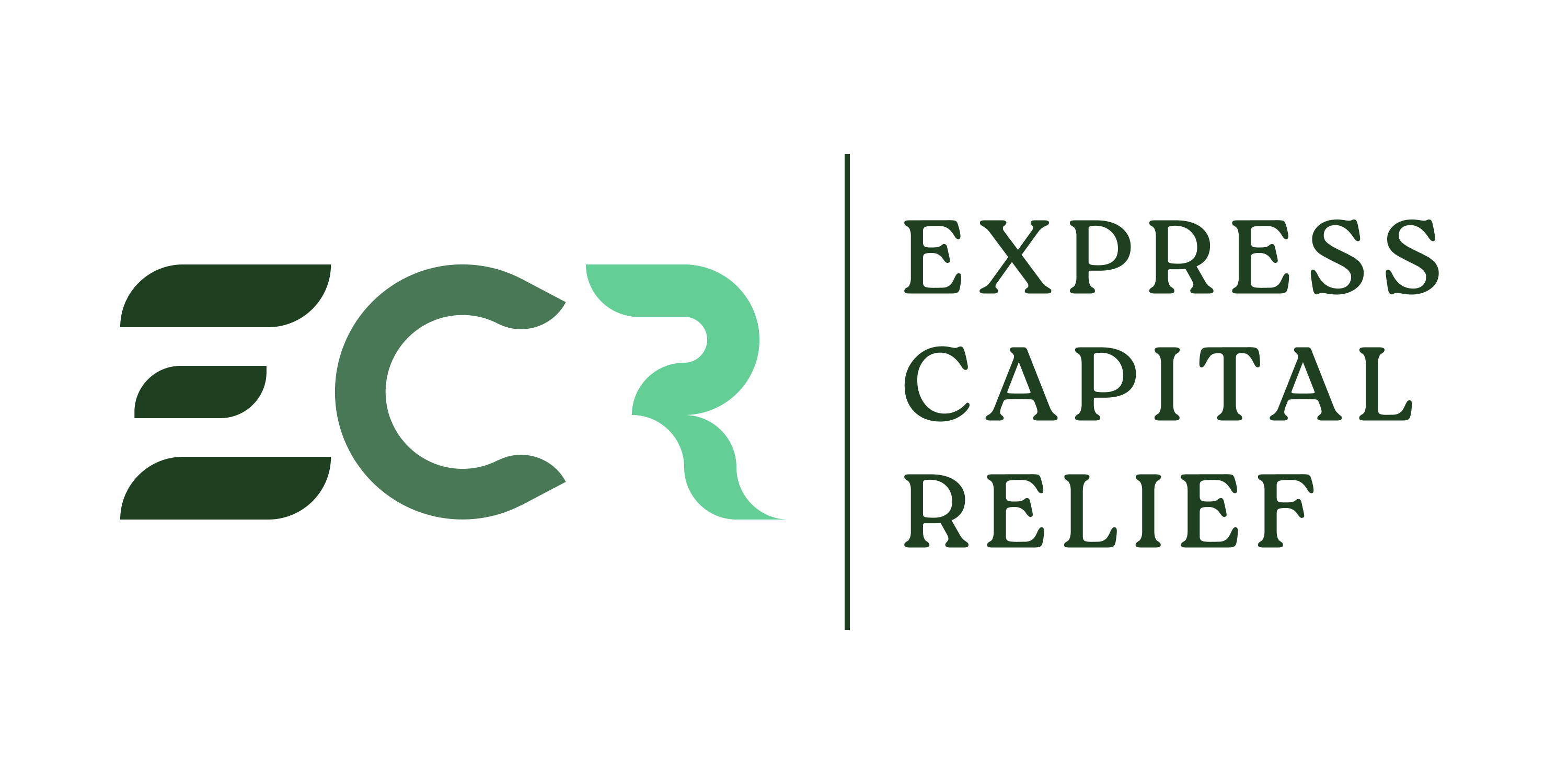Blog Details







-1734956477146.jpg)
What’s the True Cost of Doing Nothing About Your Debt
If you are a business person with debt, it can be tempting to simply deny the issue and wish that somehow things will get better with the passage of time.
If you are a business person with debt, it can be tempting to simply deny the issue and wish that somehow things will get better with the passage of time. Perhaps you're screening calls to avoid collection agents, not opening bills when they arrive, or paying only the minimum on your bills with no idea when or if you'll ever get them paid off. But not taking action may be a quick fix for avoiding stress in the short run, but it really costs you financially, emotionally, and even physically.
In this article, we'll discuss the real cost of doing nothing regarding your debt, and why action — even tiny one can change everything.
Compounding Interest: Your Silent Enemy
One of the greatest risks of doing nothing with your debt is compounding interest. And as you make late payments, or wait for it, or simply pay the minimum, interest keeps accruing, especially with credit cards, payday loans, and other high-interest loans.
For instance, a 24% interest rate credit card with a $10,000 balance and only minimum monthly payments can take over 20 years to repay and will have cost over $25,000 in interest alone.
Hurt Your Credit Score
Ignoring your debt means missed or late payments, defaults, and potentially even charge-offs — all of which can severely damage your credit score. Poor credit makes it harder to rent an apartment, get a job, or qualify for loans. If you do get approved for financing, you’ll pay much higher interest rates, it can take 7–10 years for some negative items to fall off your credit report.
You may lose opportunities such as housing, employment, and education, or more expensive credit in the future, or limited access to basic financial tools like a credit card or checking account.
Legal Consequences and Collection Actions
Debt doesn’t disappear just because you ignore it. In fact, inaction can trigger aggressive collection efforts and even legal consequences: debt collection lawsuits, wage garnishment, bank account levies, property liens.
Once your debt is in the hands of a collection agency or law firm, the situation becomes much harder and more expensive to resolve. It may result in loss of income or assets, court costs and legal fees, or permanent records of judgments.
Emotional and Mental Health Strain
Debt doesn't merely impact your pocket — it impacts your health. Harboring unpaid debt can contribute to prolonged stress and anxiety, depression or despair, tense relationships with partners or family, sleep disturbances, headaches, or other physical manifestations.
Research indicates that individuals with high debt levels are over twice as probable to suffer from mental illness than those not having debt-related pressures. The cost of this includes low quality of life, poor performance at work, emotional exhaustion that permeates all aspects of life.
Opportunity Cost: What You Miss by Doing Nothing
Every dollar spent on interest or late fees is a dollar you can’t invest in your future. Thus you're giving up building emergency savings, investing for retirement, funding your children’s education or taking vacations or making big life moves such as buying a home or a car.
Ignoring debt today often means putting your future on hold — sometimes indefinitely. You may lose time and financial growth, miss wealth-building opportunities, you can’t even plan for retirement because it may never arrive.
Risk of Bankruptcy and Its Long-Term Effect
Doing nothing usually pushes individuals to a financial breaking point — where bankruptcy looks like the sole means of escape. And though bankruptcy may be an unavoidable tool for certain people, it has great penalties: it remains on your credit record for as much as 10 years.
So it can affect employment opportunities, particularly in finance or government, and can mean selling property or rearranging your finances in general. It will cause long-term credit damage, stigma and emotional toll and may cost legal and filing fees.
So, What Should You Do Instead?
Even if you feel stuck or ashamed of your financial situation, remember this: doing something — anything — is better than doing nothing.
Here are some first steps:
- Take inventory of your debt – Write down balances, interest rates, and minimum payments.
- Create a budget – Prioritize needs, cut back on non-essentials, and direct extra funds toward debt.
- Explore your options – Look into debt consolidation, debt settlement, credit counseling, or bankruptcy if truly necessary.
- Talk to professionals – Reputable debt relief companies or non-profit credit counseling agencies can guide you.
- Stay proactive – Keep communication open with creditors. Many offer hardship programs or modified payment plans.
Final Thoughts
The cost of doing nothing about your debt isn’t just financial — it’s emotional, legal, and deeply personal. Every day you delay action, the consequences grow. But the good news is this: it’s never too late to take control.
Whether you start by making one extra payment, calling a credit counselor, or just creating a plan — you’re moving forward. The worst debt strategy is no strategy at all.

